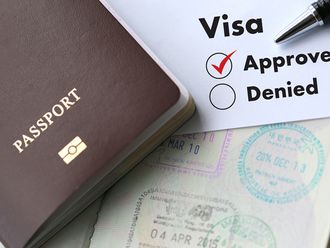Bangkok : An ostentatious parade by Myanmar's ruling generals today is being cast by the junta as a swansong, but the military looks set to remain the dominant political force even after handing power to a civilian government after elections later this year.
The annual Army Day parade in the new capital of Naypyitaw will no doubt feature nationalist speeches on economic potential and democratic rule in the former Burma, but analysts say the generals have a far more important message to deliver.
"They will talk about ideology, policy and the steps they've taken towards democracy," said Aung Naing Oo, a Harvard-educated Burmese academic based in Thailand.
"More symbolic is their attempt to show everyone at home and abroad that the military will not, and must not, be discounted."
The generals hope that a veneer of democracy may lead western powers into easing sanctions, but critics have already dismissed forthcoming elections as a sham.
If the incoming government cannot win legitimacy, it will struggle to fix an economy in ruins after decades of military rule.
Challenge
Despite growing trade with China and Asia, its sanctions-hit banks, for instance, remain largely shut off from the world, posing a major challenge for the next generation of leaders.
The isolated country of 48 million people, with its rich natural resources from natural gas to timber and gems, is strategically nestled between Asia's rising powers of China and India, with a port in Southeast Asia.
Undeterred by Western sanctions, those three players are racing to tap Myanmar's economy, but with few experienced technocrats in the country, corruption, cronyism and clumsy fiscal management look set to continue.
A glance at the army-drafted constitution of 2008 shows critics have good reason to doubt the generals' sincerity.
The new, "democratic" Myanmar will effectively remain a military dictatorship, even if the polls are free and fair, as promised.
The armed forces chief will be more senior than an elected president, the military will retain control over key ministries and a quarter of parliamentary seats will be set aside for the men in green.











